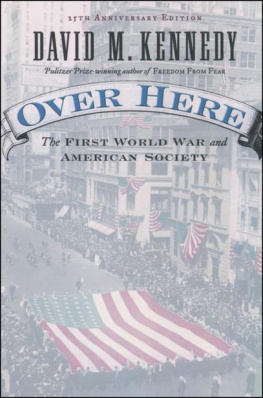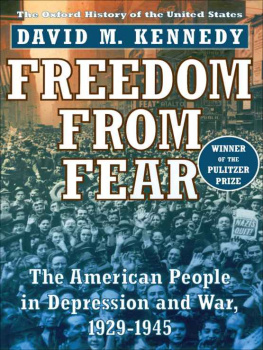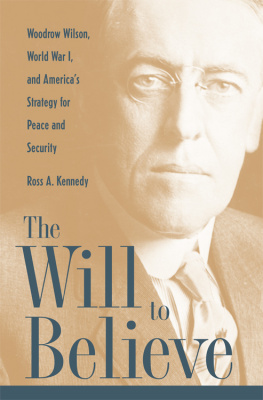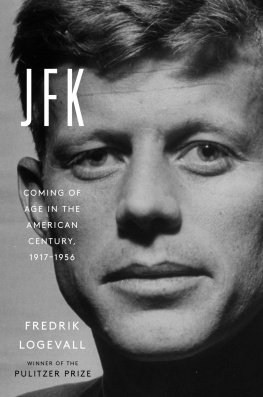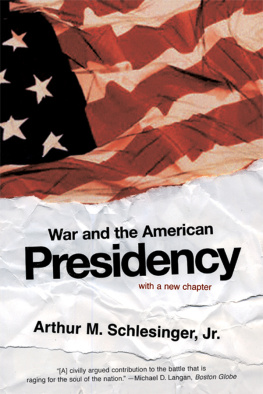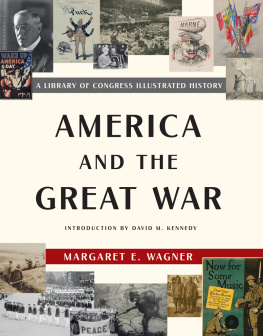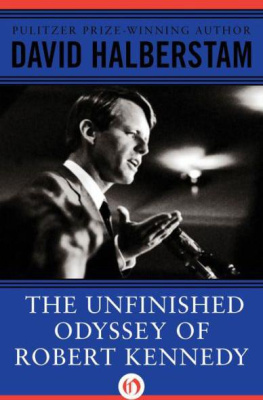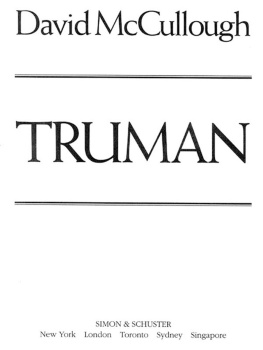Over Here
Over Here
THE FIRST WORLD WAR AND AMERICAN SOCIETY
Twenty-fifth Anniversary Edition
DAVID M. KENNEDY


Oxford New York
Auckland Bangkok Buenos Aires Cape Town Chennai
Dar es Salaam Delhi Hong Kong Istanbul Karachi Kolkata
Kuala Lumpur Madrid Melbourne Mexico City Mumbai Nairobi
So Paulo Shanghai Taipei Tokyo Toronto
Copyright 1980, 2004 by David M. Kennedy
First published by Oxford University Press. Inc., 1980.
First issued as an Oxford University Press paperback, 1982.
Twenty-fifth Anniversary edition published. 2004.
198 Madison Avenue, New York, New York 10016
www.oup.com
Oxford is a registered trademark of Oxford University Press
All rights reserved. No part of this publication may be reproduced, stored in a retrieval system, or transmitted, in any form or by any means, electronic, mechanical, photocopying, recording, or otherwise, without the prior permission of Oxford University Press.
Library of Congress Cataloging-in-Publication Data
Kennedy. David M.
Over here: the First World War and American Society / David M. Kennedy.25th anniversary ed.
Includes bibliographical references and index.
ISBN 019-5174003 (cloth) ISBN 019-5173996 (pbk.)
1. World War, 19141918United States.
2. United StatesHistory19131921.
3. United StatesSocial conditions18651918
I. Title.
D570.1.K43 2004 940373dc22 2004054789
1 3 5 7 9 8 6 4 2
Printed in the United States of America
on acid-free paper
For Judy
Preface
This book provides a reasonably complete account of events in the United States during the nineteen months of American belligerency in the First World War, but it also seeks to do more than that. I have used the occasion of the war as a window through which to view early twentieth-century American society. From that vantage point, I believe, some familiar historical landscape can be seen in a new light, and perhaps some new terrain identified. The book, therefore, is not a comprehensive chronicle of all that happened in wartime America, though the pages that follow contain much of that sort of detail. Neither is it, strictly speaking, a study of the impact of the war on American society, though dimensions of that impact are frequently examined. The book might best be described as a discussion of those aspects of the American experience in the First World War that I take to be crucial for an understanding of modern American history.
The paramount theme of any account of American participation in the Great War of 191418 must be the historic departure of the United States from isolation and all that isolation implied. That departure not only spelled the abandonment of nearly a century and a half of American diplomatic practice, a commonplace observation to which I offer neither dissent nor elaboration. It also compelled the United States, as almost never before, to measure itself against Europe, even to compete with Europe for a definition of the wars meaning and for the fruits of victory. Moreover, the war temporarily required the United Statesthough not as insistently as it required the Old World combatantsto discipline and mobilize its citizens in a manner from which history and geography had theretofore singularly spared them.
For the Americans, the drama of the war was enacted on a smaller stage, and in fewer acts, than for the Europeans. Yet somehow millions of persons in the strikingly voluntaristic and fragmented society that was early twentieth-century America (as described in the Prologue) had to be made to perform in concert their appointed parts. Howor indeed whetherthat task was accomplished is a question that has intrigued me. The answers to it reveal much about the historical moment through which American society was then passing, about the peculiarities of American history when contrasted with the experiences of other peoples, and even, I argue, about abiding features of the American national character, especially national attitudes toward the authority of the government. These topics compose the substance of .
The story both begins and ends in the Old World, where for some 50,000 young American men it ended forever. No small part of the significance of the war is to be found in the forced exposure of millions of Americans to foreign lands and modern battle. That development, as well as some of its implications for imaginative literature, is discussed in .
deals chiefly with a number of social groups, including workers, women, and blacks, who entertained high expectations of the wars beneficial results. Those expectations were, in the main, far from fulfilled in the wars aftermath, as were the optimistic predictions of many reformers that the war would usher in a new era of liberalism and justice at home.
addresses the widespread wartime anticipation that American economic strength would both prosper Americans in postwar world markets and assist Woodrow Wilson in his effort to promote American principles at the Paris peace table. I hope that the account here will illumine what I take to be the cardinal truth of this matter: that American economic power was not used effectively during the war or in the peace negotiations, not was it used particularly profitably in the international field after the war.
The Epilogue recounts Woodrow Wilsons efforts to influence the peace talks at Paris, and his campaign on behalf of the League of Nations at home, which ended in political and personal tragedy. I have also tried in the Epilogue to evoke some of the ways in which the war was remembered in the decade following the Armistice.
What follows is in many ways a sad story, a tale of death, broken hopes, frustrated dreams, and of the curious defeat-in-victory that was Woodrow Wilsons, and the nations, bitter lot. The history of American involvement in World War I stands also as a kind of prologue to American involvement in a still greater war a generation later. But that is another story, for telling another time.
D. M. K.
Stanford, California
May 1980
Acknowledgments
The American Council of Learned Societies on two separate occasions supported my research on this project, and I am therefore doubly grateful to the Council. I wish also to record my appreciation for a John Simon Guggenheim Memorial Foundation fellowship that allowed me to devote an uninterrupted year to writing. My thanks go as well to five bodies at Stanford University which contributed materially to my work on this book: the Hoover Institution on War, Revolution and Peace; the Center for Research in International Studies; the Graduate Division; the School of Humanities and Sciences; and the Institute of American History.
I was fortunate to have two research assistants, William T. Generous, Jr., in the initial stages of research, and Daniel B. Smith, in the final stages, whose thorough professionalism added substantially to my understanding of the war era. Several colleagues generously responded to my appeals for critical readings of various sections. John Morton Blum read an early version of almost the entire manuscript. Carl N. Degler and David B. Tyack offered valuable suggestions about . Thomas A. Bailey on numerous occasions shared with me his encyclopedic knowledge of American history, and of the World War I period in particular. Susi Lilly and Emily Hallin deciphered my drafts and rendered them legible. To all of them, my warmest thanks.
Next page
